Interview with Dr Chris Comer
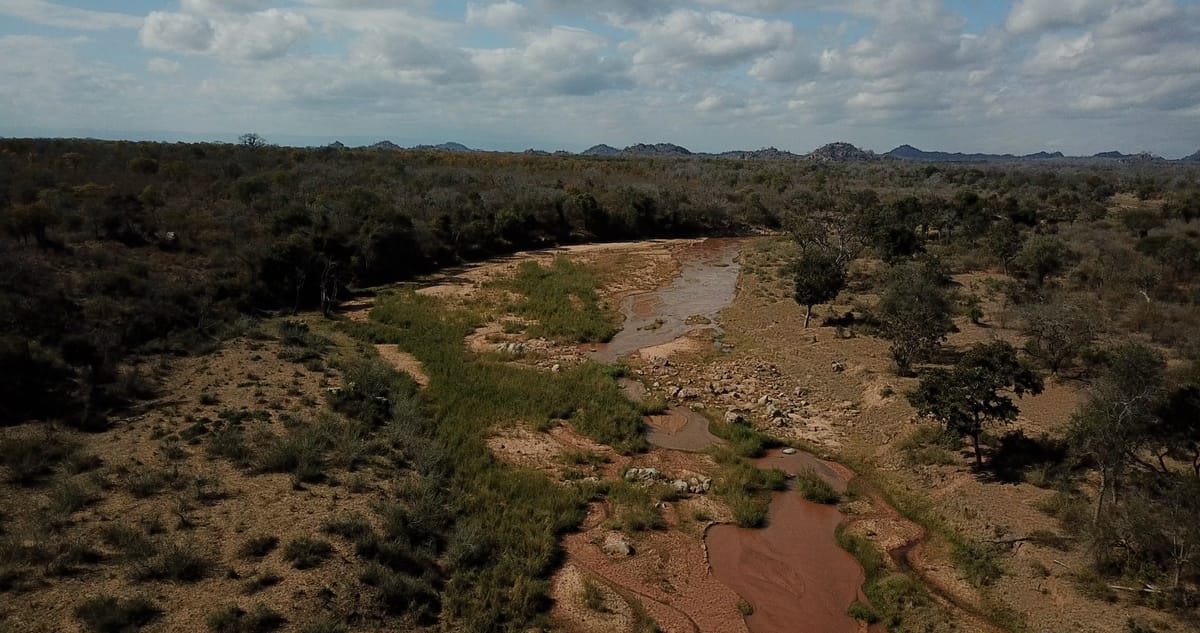

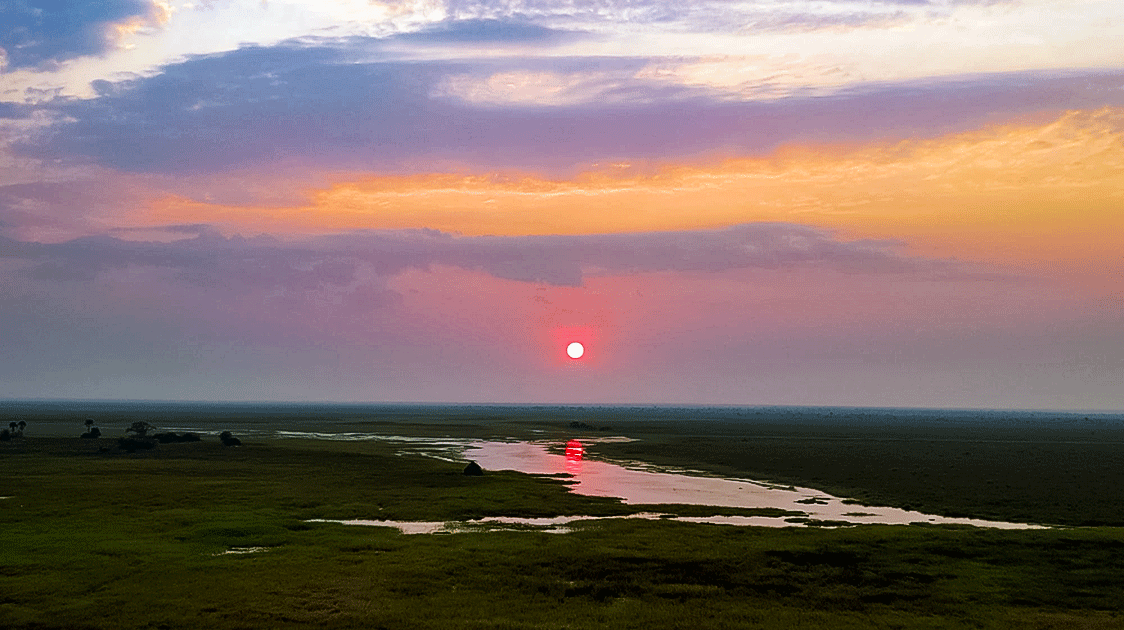
The theme of World Wetlands Day 2026 is “Wetlands and Traditional Knowledge: Celebrating Cultural Heritage.” Wetlands are the most productive and vital ecosystems on Earth, supporting extraordinary biodiversity while providing essential services such as water filtration, carbon storage, and flood regulation. While attention is rightly focused on this, the critical
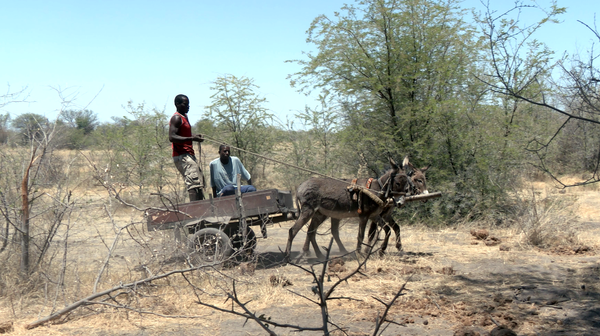
By Prof Brian Child Key Takeaways: * Public ownership of wildlife has become the norm as the rights, capacities, and confidence of local communities to manage forests, wildlife, and fisheries have decayed. * Public governance is historically dominant but is overstretched and underperforming. * Regulations are worse than worthless unless they can be
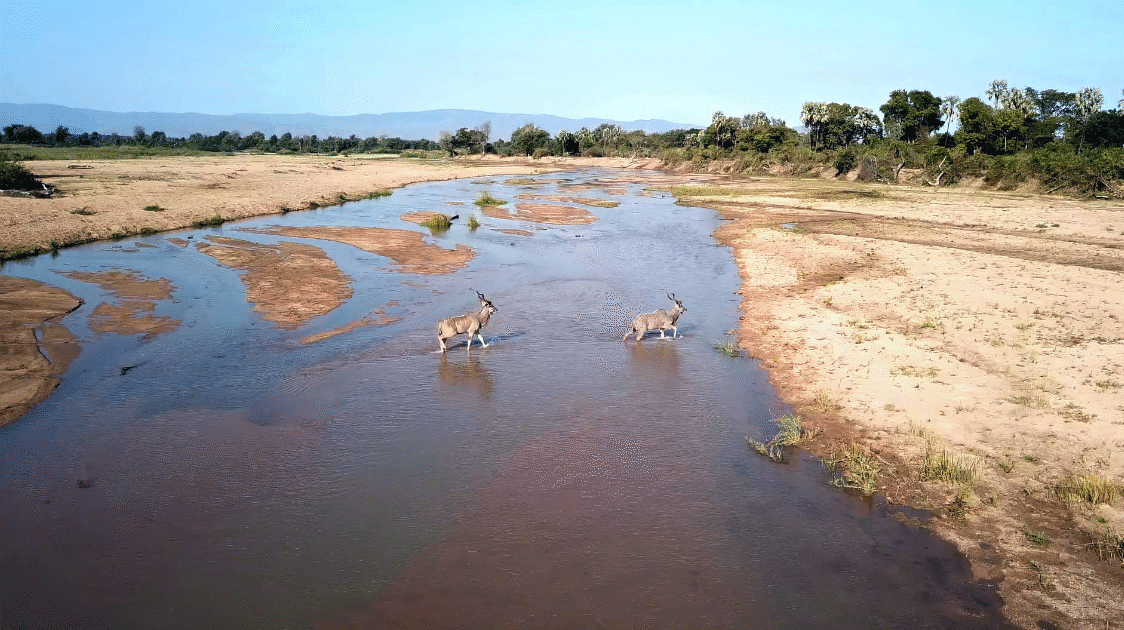
The Save Valley Conservancy, situated in the southeast lowveld of Zimbabwe, was established in 1992 during the worst regional drought in a century. At the time, the land comprised several individual cattle ranches. The drought bankrupted many of these ranchers, forcing them to sell their land. The Duckworth family, in
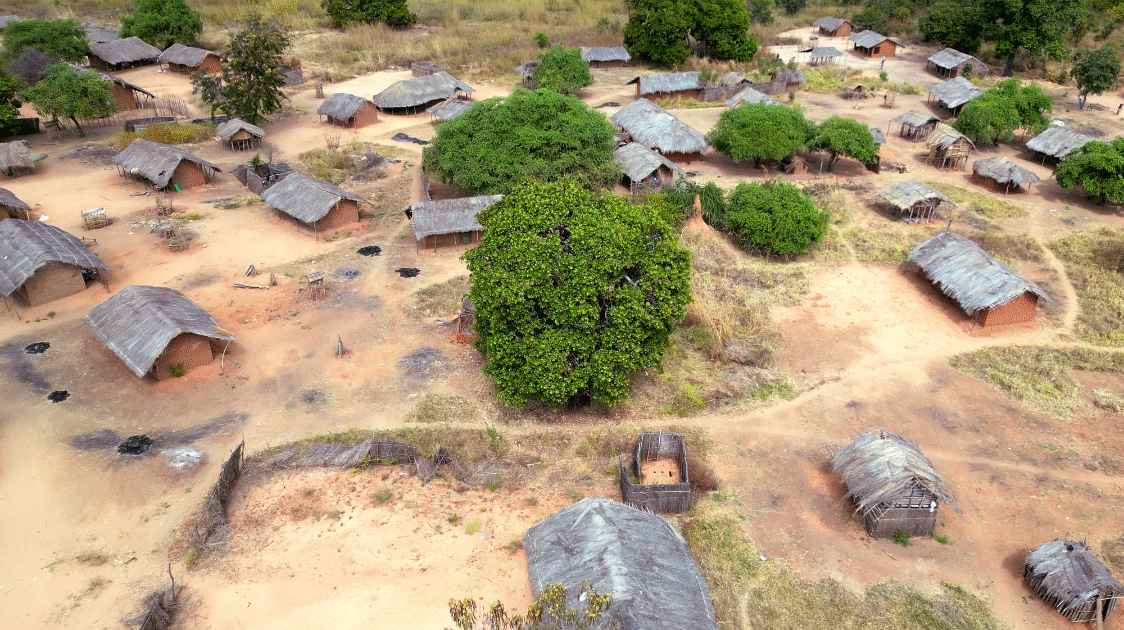
The management of the Lugenda Foundation, based in the Lugenda Wildlife Reserve (LUWIRE) in the Niassa Special Reserve of Northern Mozambique, is exploring how to change community mindsets. They want to address the issues that create barriers to community success in food security and livelihood options. It is a fact